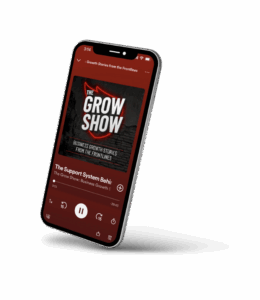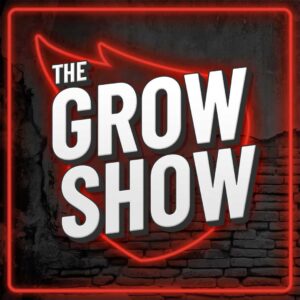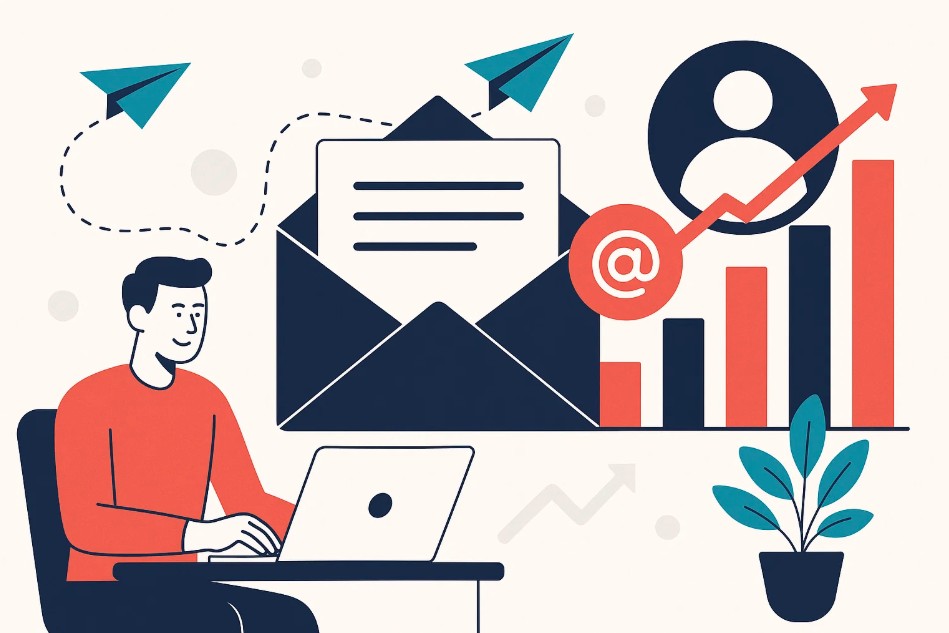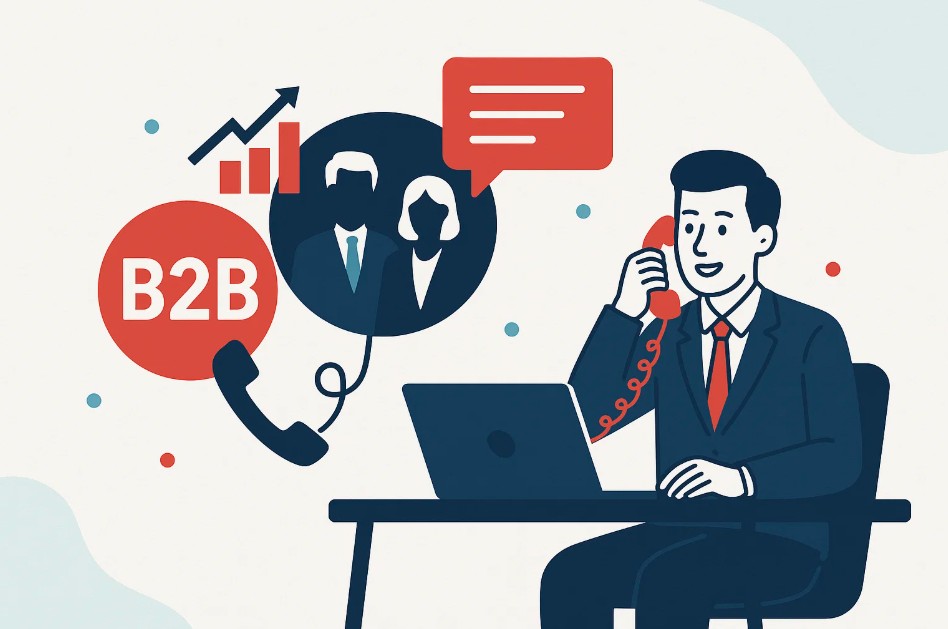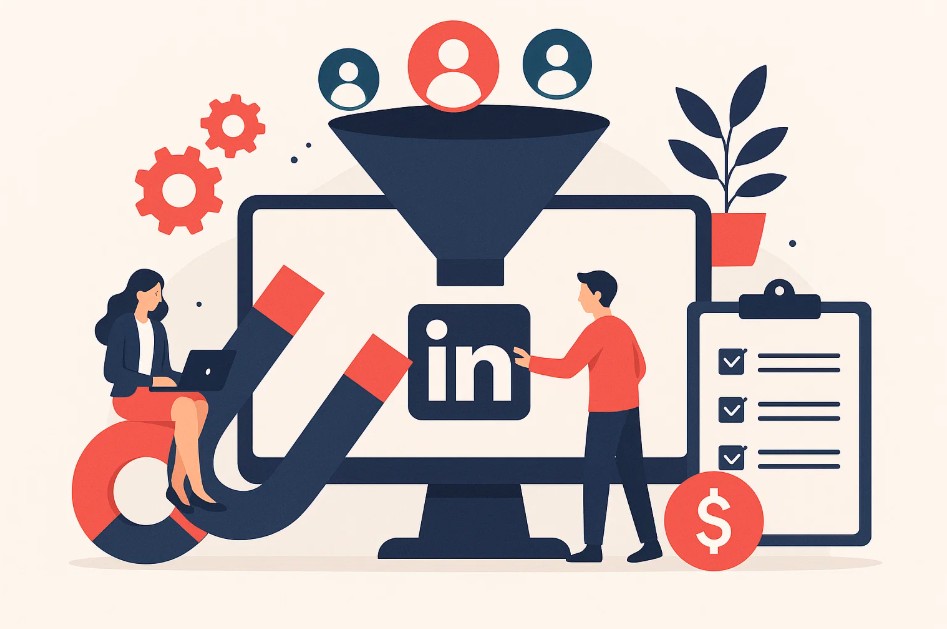The sales world is evolving at breakneck speed, and staying competitive requires innovative, data-driven strategies.
One of the most transformative advancements shaping modern sales is AI lead generation.
Artificial intelligence is no longer just a buzzword—it’s a game-changer, revolutionizing how businesses identify, engage, and convert prospects.
In this guide, we’ll explore how AI is reshaping lead generation, from predictive analytics to personalization at scale, and how you can leverage it to streamline your sales process and drive growth.
Contents
The Role of AI in Lead Generation
AI is revolutionizing lead generation by analyzing massive data sets, uncovering patterns humans can’t see, and automating repetitive tasks. This gives sales teams actionable insights to focus on the highest-quality prospects and close deals faster.
Data Analysis and Insights
Traditional lead generation relies heavily on manual processes—slow, error-prone, and limited in scope.
AI flips the script by processing huge volumes of data instantly, surfacing hidden trends and lead characteristics that drive conversions.
Identify high-potential prospects based on behavior and demographic patterns.
Continuously refine targeting as AI learns from new data inputs.
Adapt quickly to shifting markets and customer preferences.
The result? Smarter decisions, faster sales cycles, and consistent pipeline growth.
Predictive Analytics: Prioritize the Leads That Convert
With predictive analytics, AI can forecast which leads are most likely to take action, based on past behaviors and engagement history.
Benefits:
Lead prioritization: Focus resources on prospects with the highest conversion potential.
Customer retention: Flag at-risk accounts and take proactive steps to re-engage them.
Smarter personalization: Deliver relevant offers before a competitor does.
This foresight empowers sales teams to work strategically, increasing conversion rates and customer loyalty while reducing wasted effort.
Enhancing Customer Engagement With AI
Engagement is at the heart of every sales process. AI makes personalization and responsiveness scalable, ensuring every prospect feels understood and valued.
Personalization at Scale
In the past, true personalization was reserved for big-budget, high-touch campaigns.
Now, AI enables companies of any size to deliver tailored experiences at scale by analyzing:
User behavior
Past interactions
Purchase history
This drives higher engagement and conversion rates, as prospects receive hyper-relevant messaging that resonates with their needs.
Chatbots and Virtual Assistants
AI-powered chatbots have revolutionized real-time engagement by:
Answering questions instantly, 24/7
Guiding prospects through the funnel step-by-step
Freeing up human reps to focus on complex conversations
Advanced bots even learn from each interaction, improving responses over time and creating a seamless customer experience.
The result: higher conversion rates and deeper trust with potential buyers.
Streamlining the Sales Process With AI
AI doesn’t just generate leads—it transforms sales operations, making your team faster, smarter, and more effective.
Automation of Repetitive Tasks
Sales reps often get stuck doing administrative work like lead scoring and follow-up scheduling.
AI automates these time-consuming tasks, such as:
Automatically scoring leads based on conversion likelihood
Triggering timely follow-ups
Handling basic inquiries through chatbots
This lets reps focus on high-value activities: building relationships and closing deals.
AI-Powered CRM Integration
Integrating AI with your CRM system unlocks powerful insights:
Identify the best times to reach out to specific leads.
Suggest messaging tailored to each audience segment.
Predict sales trends and buyer behavior based on historical data.
With AI-enhanced CRM insights, sales teams are always equipped with the right data to drive smarter outreach and boost revenue.
Challenges and Considerations of AI Lead Generation
While AI offers massive benefits, businesses must address key challenges to ensure success.
1. Data Privacy and Compliance
AI relies heavily on data. To stay compliant and build trust, companies must follow regulations like GDPR and CCPA, ensuring:
Transparent data usage policies
Secure storage and handling of customer data
Ethical AI practices that respect user privacy
2. Integration With Existing Systems
Legacy systems can slow down AI adoption. Successful integration requires:
Assessing compatibility with current tech stacks
Investing in employee training to maximize tool effectiveness
Gradually rolling out AI features to minimize disruption
The Future of AI Lead Generation
AI lead generation is only getting smarter. Future advancements will bring even more sophisticated capabilities, making sales teams faster and more efficient than ever.
Advanced Machine Learning Algorithms
As algorithms evolve, AI will deliver deeper, real-time insights, continuously adapting to changes in customer behavior and market trends.
This will allow businesses to stay ahead of competitors by predicting needs before prospects even voice them.
Human + AI Collaboration
AI isn’t replacing salespeople—it’s augmenting them.
The future lies in synergy, where AI handles the heavy lifting while humans focus on strategic, relationship-driven tasks.
This balance leads to a dynamic, highly efficient sales environment.
How to Use AI to Improve Lead Quality and Appointment Booking
AI isn’t just about generating more leads—it’s about generating better leads and ensuring they convert into qualified appointments for your sales team. By combining data-driven insights with intelligent automation, AI helps you filter out low-quality prospects and increase booking rates with precision.
1. Use AI for Smarter Lead Scoring
AI-driven lead scoring takes the guesswork out of identifying the most valuable prospects.
Instead of relying on static criteria, machine learning algorithms continuously analyze:
Website activity and engagement patterns
Email open rates and click-through behavior
Demographic and firmographic data
Past purchase or inquiry history
This dynamic scoring ensures your team focuses only on leads most likely to convert, improving efficiency and boosting ROI.
Pro Tip: Integrate AI scoring directly into your CRM so sales reps automatically see lead quality rankings in real time.
2. Automate Appointment Scheduling
AI-powered scheduling tools like Chili Piper or Calendly with AI integrations can dramatically increase booking rates by:
Offering real-time calendar availability
Automatically assigning meetings to the right sales rep
Sending personalized, automated reminders to reduce no-shows
These tools integrate seamlessly with marketing automation and CRM systems, creating a frictionless booking process for both prospects and your team.
3. Personalize Outreach With Predictive Analytics
AI uses predictive analytics to deliver the right message at the right time.
By analyzing patterns in past buyer behavior, AI can:
Suggest the best time of day to reach out
Recommend personalized messaging for each prospect
Trigger outreach sequences when a lead shows buying signals, like multiple website visits or content downloads
This level of personalization builds trust and dramatically increases appointment acceptance rates.
4. Leverage AI Chatbots for Instant Engagement
Many prospects drop off when they have to wait for a response.
AI-powered chatbots and virtual assistants engage leads in real time, answering questions and qualifying them instantly.
For appointment setting, these bots can:
Confirm prospect readiness
Provide initial information about your services
Automatically schedule a call or demo directly on your team’s calendar
Stat to Know: Companies that respond to leads within five minutes are 100× more likely to connect, and 21× more likely to qualify the lead compared to those that wait 30 minutes or more. (Harvard Business Review).
5. Continuously Improve With AI Insights
AI doesn’t just help you execute—it helps you optimize.
By tracking every touchpoint, AI reveals patterns about:
Which lead sources produce the highest-quality appointments
What messaging or offers lead to the most bookings
Where prospects drop off in the funnel
Armed with this data, you can refine campaigns continuously, eliminating wasted effort and increasing conversions over time.
The Result: A Predictable, Scalable Pipeline
When AI is embedded throughout your lead generation and appointment-setting process, your team can focus on closing deals instead of chasing unqualified prospects.
This creates a smoother buyer experience, shorter sales cycles, and more revenue-driving appointments on your calendar.
Next Step: Start small by integrating AI lead scoring and scheduling automation. Once those systems are in place, layer on predictive analytics and chatbots to build a fully optimized, AI-driven growth engine.
Wrapping Up
AI lead generation isn’t a passing trend—it’s the future of scalable, predictable growth.
By integrating AI into your lead generation strategy, you can:
Streamline operations with automation
Engage prospects personally and at scale
Prioritize high-value leads with predictive analytics
Drive higher conversion rates and revenue
In today’s digital-first marketplace, embracing AI is no longer optional—it’s essential for staying competitive and thriving long-term.
Revolutionize Your Lead Generation With Abstrakt
At Abstrakt, we combine human expertise with cutting-edge AI technology to help businesses across the U.S. and Canada generate high-quality B2B leads.
Our approach blends AI-driven insights with proven outbound and inbound strategies to deliver measurable growth.
Ready to take your lead generation to the next level?
Learn how Abstrakt can help you scale smarter.

Madison Hendrix
Madison has worked in SEO and content writing at Abstrakt for over 5 years and has become a certified lead generation expert through her hours upon hours of research to identify the best possible strategies for companies to grow within our niche industry target audiences. An early adopter of AIO (A.I. Optimization) with many organic search accolades - she brings a unique level of expertise to Abstrakt providing helpful info to all of our core audiences.
- Madison Hendrix#molongui-disabled-link
- Madison Hendrix#molongui-disabled-link
- Madison Hendrix#molongui-disabled-link
- Madison Hendrix#molongui-disabled-link


